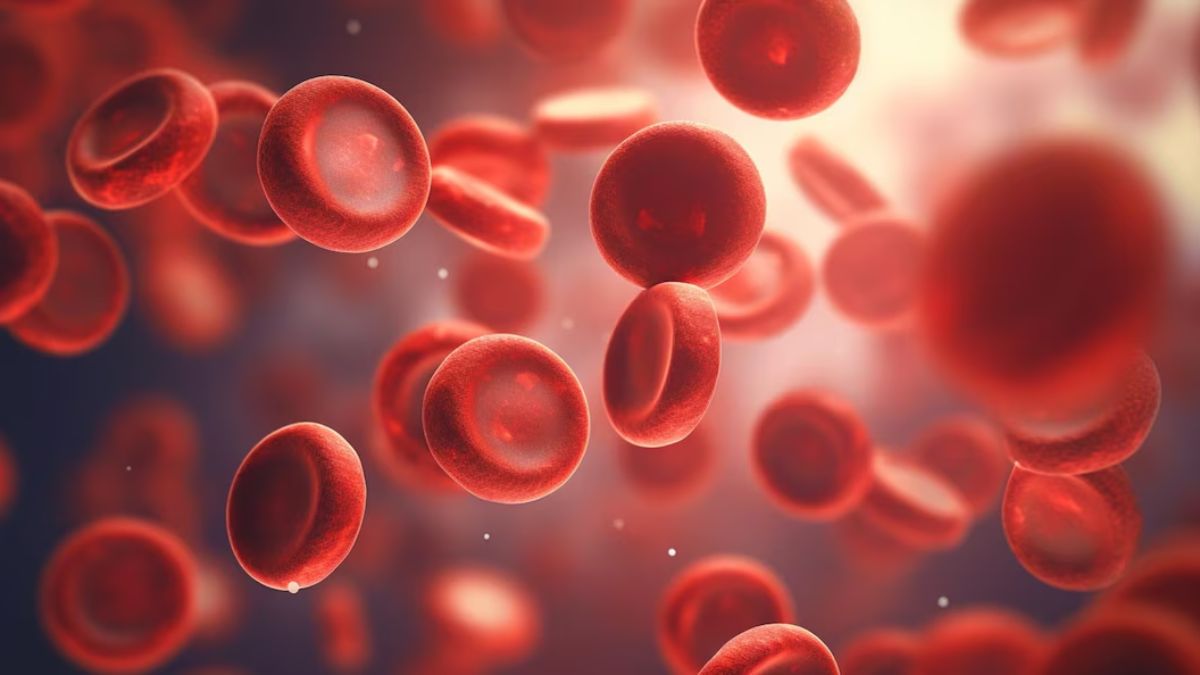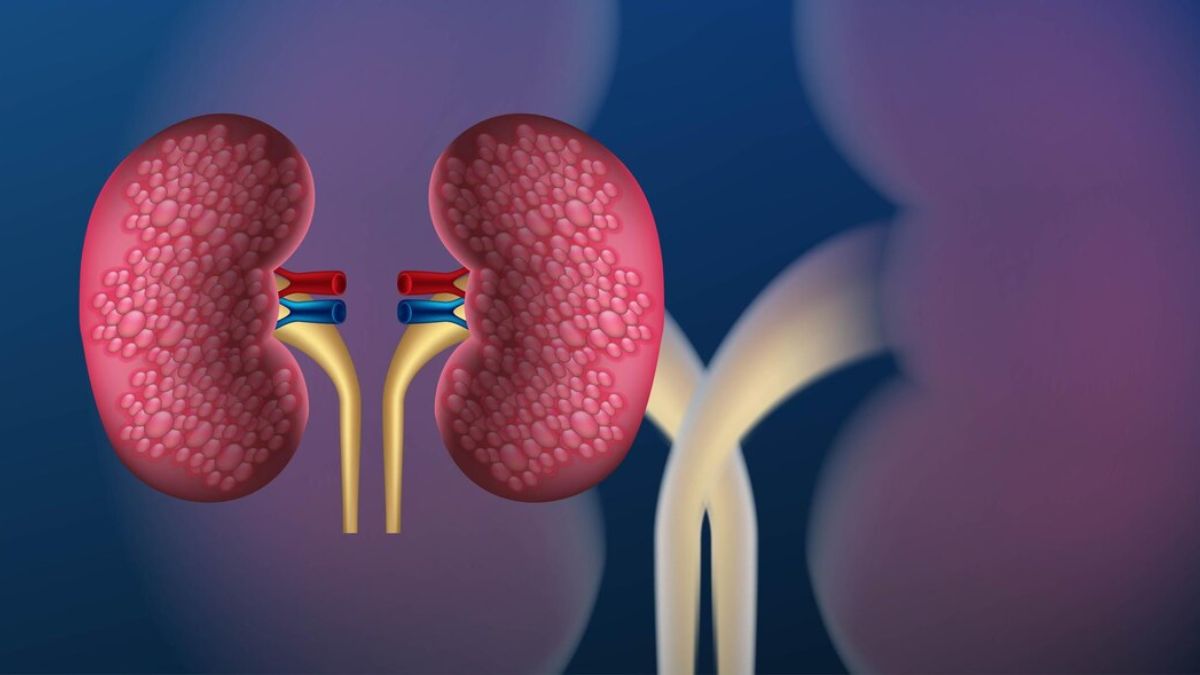
Beyond poor dietary intake, many lifestyle circumstances and diseases can increase your risk of anaemia. One such disease is kidney disease, particularly Chronic Kidney Disease (CKD).
It may seem odd that an issue with kidneys, the organs that filter our blood, can lead to anaemia. To understand how this happens, the Onlymyhealth team spoke to Dr Puneet Bhuwania, Consultant Nephrologist & Transplant Physician, Wockhardt Hospitals, Mira Road.
Table of Content:-
What Is Anaemia?
The World Health Organisation defines anaemia as a condition where your blood doesn't have enough healthy red blood cells or haemoglobin, the protein in red blood cells that carries oxygen.
This can happen because your body doesn't make enough red blood cells, loses them too quickly, or the red blood cells you have don't function well, all leading to:
- Fatigue
- Weakness
- Shortness of breath
- Pale skin
- Chest pain
- Dizziness or lightheadedness
- Cold hands and feet
- Headaches
- Brittle nails
- Unusual cravings for non-nutritive substances, such as ice, dirt or starch
How Does Kidney Disease Cause Anaemia?
The National Kidney Foundation defines CKD as a gradual loss of kidney function over months or years. Healthy kidneys filter waste products and excess fluid from your blood, but with CKD, damaged kidneys struggle to do this job. This can lead to a buildup of toxins and fluids in the body, and eventually kidney failure.
Also Read: Can Obesity Cause Kidney Diseases? Let’s Know From A Doctor

Hormonal Fluctuations Due To Kidney Disease
Confirming that people with CKD are at higher risk of developing anaemia, Dr Bhuwania explained, “This is because the kidneys are unable to produce enough hormones, particularly the erythropoietin (EPO) hormone. These hormones are responsible for sending signals to the body to make red blood cells.”
Thus low EPO can cause a sudden drop in red blood cell count, leading to anaemia.
Inflammation Due To Kidney Disease
“Another key factor contributing to anaemia in kidney disease is inflammation. The chronic inflammation present in patients with kidney disease can significantly interfere with the function and lifespan of red blood cells,” said Dr Bhuwania.
Also Read: Avoid Juicing Leafy Greens Like Spinach Or Kale, It Can Increase Your Risk Of Kidney Disease

Treating Anaemia Due To Kidney Disease
“For patients dealing with both kidney disease and anemia can significantly vary depending on several factors. It includes factors such as the stage of kidney disease, the severity of anaemia, and how well the patient follows the treatment plan,” said Dr Bhuwani
She elucidated that anaemia in kidney disease patients is typically treated with a combination of various medical treatments to address the underlying issues.
“The treatment is mostly aimed at raising the low levels of red blood cells. It is managed with erythropoiesis-stimulating agents which stimulate the production of red blood cells in the bone marrow,” explained Dr Bhuwania.
Also Read: Anaemia In Men: Causes And Symptoms

Dietary And Lifestyle Changes To Manage Anaemia In Kidney Disease Patients
Dr Bhuwania recommended that patients with anaemia should focus more on incorporating iron-rich foods in their diet, such as:
- Beans
- Leafy green vegetables
- Legumes
- Whole grains
- Nuts
- Seeds
“Try pairing these foods with vitamin C sources like citrus fruits or bell peppers to increase iron levels,” said Dr Bhuwania. This is because, as shown in a study published in Kidney Research and Clinical Practice, Vitamin C acts as a helping hand for haemoglobin by boosting the absorption of iron, a crucial component for red blood cell production. While vitamin C itself doesn't directly raise haemoglobin, it allows your body to better utilise iron from plant-based foods and fortified products, ultimately contributing to increased haemoglobin levels.
When it comes to lifestyle modifications, Dr Bhuwania listed:
- Ensure adequate rest
- Manage stress to prevent exhaustion
- Stay hydrated by drinking plenty of water throughout the day, which can help maintain blood circulation
Also Read: Ragi Drink Can Help You Manage, Prevent Anaemia: Here's How You Can Make It At Home
Dr Bhuwania concluded that it is important to detect kidney disease and anaemia on time to improve quality of life and reduce further complications. While kidney disease disrupts red blood cell production, a combination of medical treatments, dietary modifications rich in iron and vitamin C, and healthy lifestyle habits can significantly improve haemoglobin levels and quality of life for patients with anaemia.
Also watch this video
How we keep this article up to date:
We work with experts and keep a close eye on the latest in health and wellness. Whenever there is a new research or helpful information, we update our articles with accurate and useful advice.
Current Version